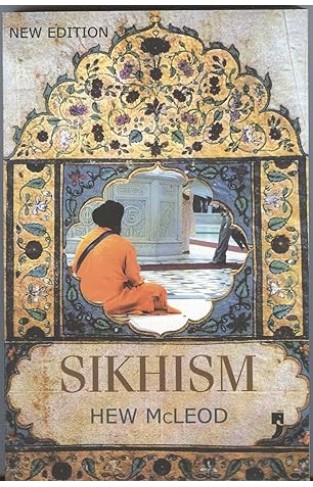Foreword
Hew McLeod mailed the final proofs for this volume just before he
went into the hospital and died 20 June 2009. It is fitting that the reissue of Sikhism was Hews last publication because that volume
summarized much of his research and understanding of the Sikhs and
their religion. The book has three major sections on History, Religion,
and Society. Each contains valuable and highly readable information
on innumerable topics. Hew also wrote an extensive introduction that
explored his methodology and approach to Sikhism, as well as a glossary
and appended documents that enhanced the value of the book. Except
for minor corrections, this edition remains unaltered in terms of
argument and presentation of facts.
The original book aroused less controversy than some of his earlier
works, probably for two reasons. First, Hew already had published a
monograph, collections of lectures, and documents that drew fire from
a variety of scholars and activists. His revised dissertation, Guru Nanak
and the Sikh Religion (Clarendon Press, 1968) examined the hagiography
surrounding the life of Guru Nanak. Hew specifically analysed the
Janam-sakhi accounts that served as the basis for various popular
biographies that incorporated anecdotes concerning Nanaks birth,
childhood, manhood, and death. Since many of those stories had come
to be accepted as historical facts, especially in the work of Max
Macauliffes monumental work, The Sikh Religion (Oxford University
Press, 1909), Hew quickly came to be portrayed as a western scholar
intent on undermining basic tenets of Sikhism. The negative responses
grew louder with the release of three shorter works:



